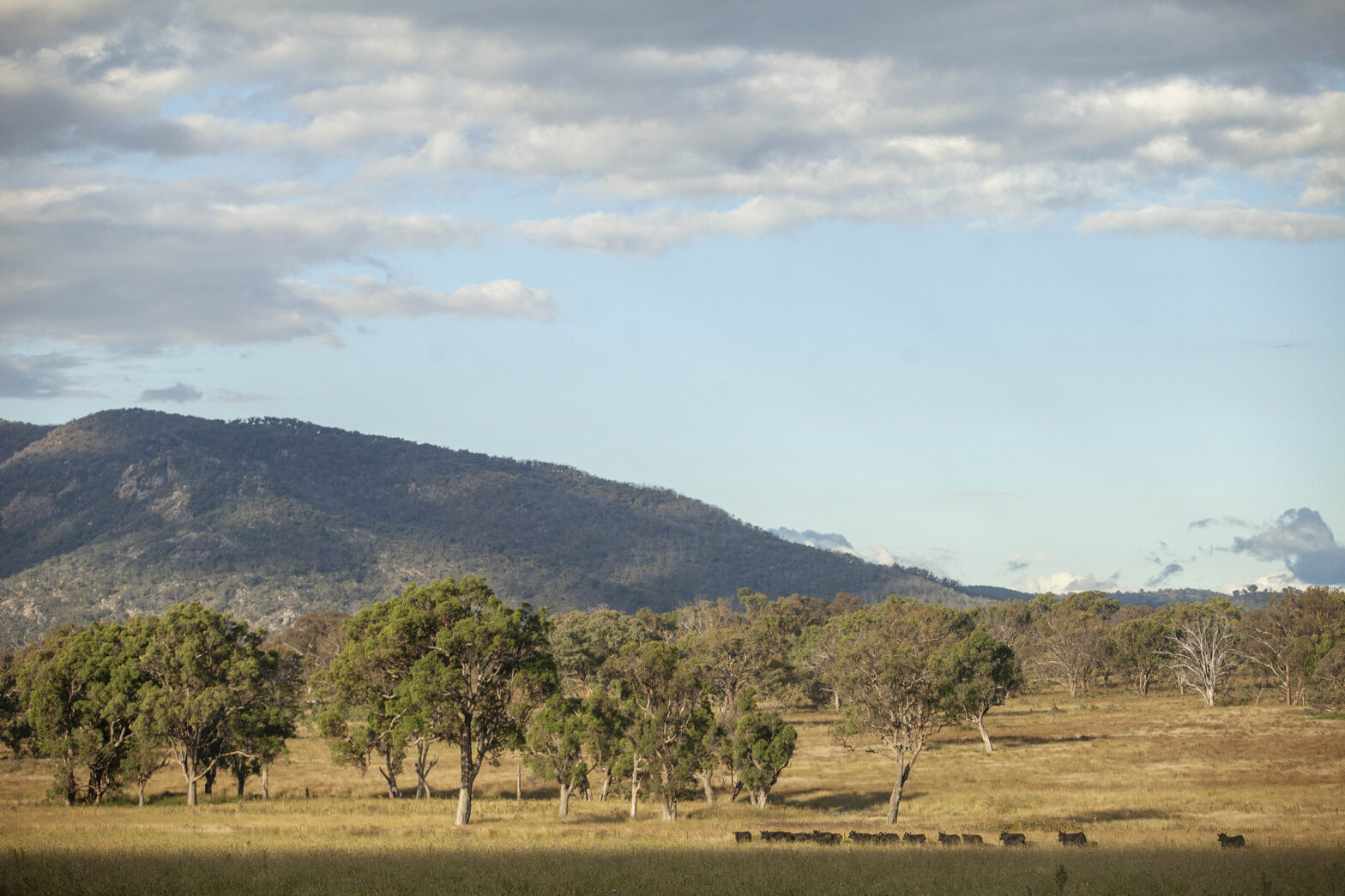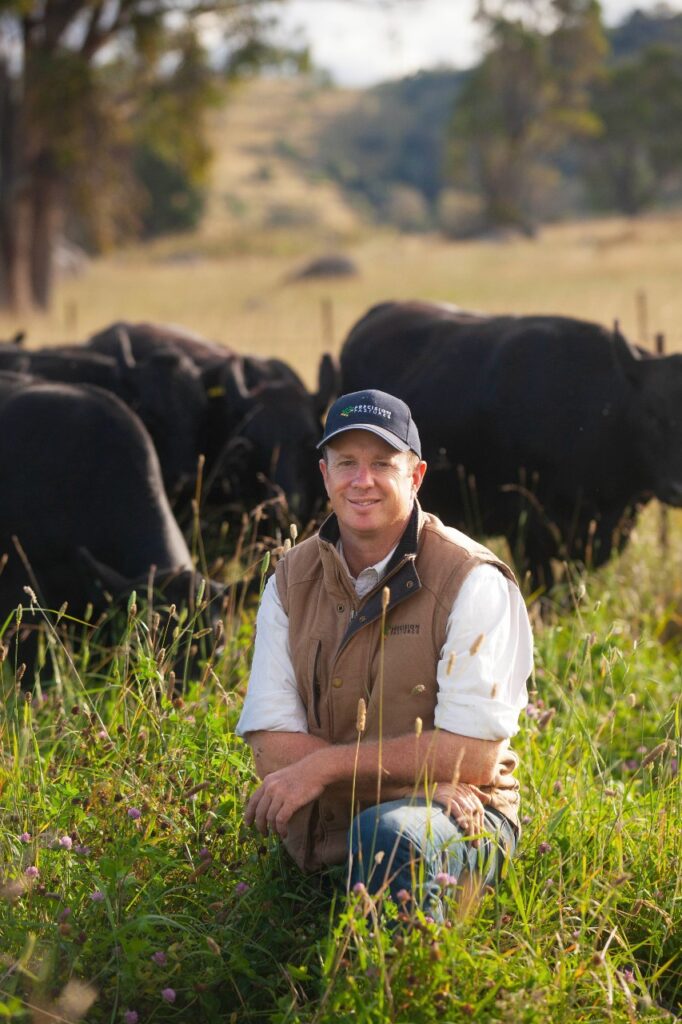Carbon Farmers of Australia

PRECISION PASTURES SECURES DIAMOND SPONSORSHIP AT THE CARBON FARMERS OF AUSTRALIA’S NATIONAL CONFERENCE & EXPO

Precision Pastures has secured a Diamond Sponsorship at the Carbon Farmers of Australia National Conference & Expo to be held in Albury, NSW, from May 23-26, 2022.
Soil carbon farming may be new and complex but presents a unique win-win opportunity for farmers, according to executive director and interim CEO of Precision Pastures, Hamish Webb, who will be presenting a keynote at the conference on Day 1, May 23.
The conference will cover all aspects of carbon farming – soil, vegetation, and biodiversity methodologies – diving deeply into carbon markets, emissions reductions, how to generate carbon credits, and much more. The four-day event will allow farmers, service providers, project developers, scientists, banks, investors and the wider agriculture industry and government stakeholders the chance to participate in the latest discussions on carbon farming trends and developments.
Mr Webb says, despite its infancy, the soil carbon farming industry is robust and offers clear benefits for farmers.
“Firstly, soil carbon farming is based on a regulated methodology that presents a win-win opportunity for farmers by allowing them to generate carbon credits by improving their soils, pasture, and production, whereas other [carbon farming] methods are known to generate carbon credits at a cost to, or reduction of production output,” Mr Webb says.
“The second key benefit is the measured methodology involved with soil carbon. While other methods are modelled, soil carbon is measured using accredited scientific laboratories with independent analysis – and this is really important to understand.”
Mr Webb explains this ‘measured approach’ removes any subjectivity around the statistical averaging and assumptions of carbon sequestration rates which is how carbon credits are generated and earned.
“While these modelled methodologies have faced recent scrutiny about their accuracy, soil carbon is underpinned by a measured methodology, requiring accredited scientific laboratory tests producing highly accurate data that is beyond reproach,” he says.
“Therefore, soil carbon farmers, investors, and customers should feel very comfortable with the methodology and accuracy involved.”
Those farmers considering their carbon farming journey must first undertake some research about their property’s ability to sequester carbon and meet the Clean Energy Regulator’s requirements for a soil carbon project, Mr Webb advises.
He says farmers can conduct a Carbon Starter Report offered by Precision Pastures – a
preliminary assessment of a farm’s ability to sustainably and profitably deliver a soil carbon project.
“You need to understand your soil types, what zones are included or excluded, and you must consider the cost-benefit analysis of a project,” Mr Webb says.
“You also need to understand what your existing soil health issues or production constraints you may have and try to solve them using the ‘Eligible Activities’ of a soil carbon project – this may be a simple activity such as the application of lime or gypsum to address soil health, which are often things farmers are doing to improve their pasture productivity anyway, yet these are all important land management techniques involved in soil carbon farming.”
Cost is the main risk involved with carbon farming, Mr Webb explains, so farmers should have a very clear understanding of the financial costs, obligations and liabilities incurred for the duration of their project. Key costs include registration, soil testing charges, and project developer commissions. As always, seek the advice of a trusted agronomist, lawyer and accountant, Mr Webb says.
For more information or to register for the Carbon Farmers of Australia National Conference & Expo, see https://carbonfa.managedwp.com.au
